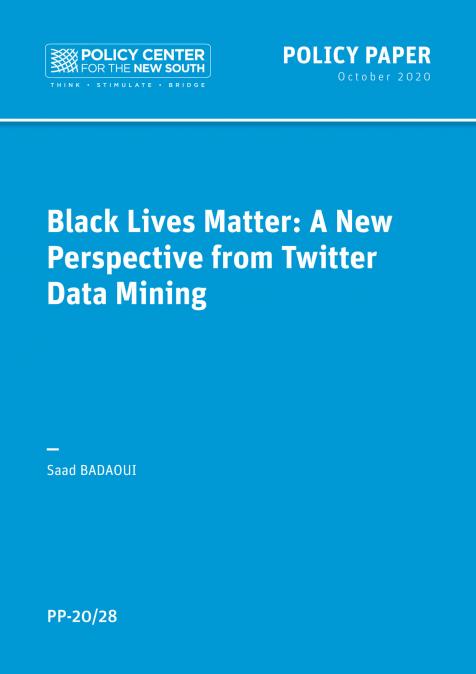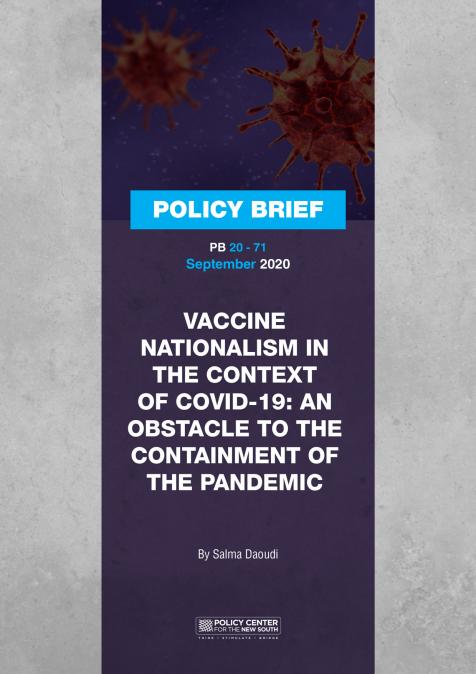Podcasts
The Raval Project in Barcelona
09
February
2016
Related topics:
This podcast is performed byHéctor Sánchez Margalef. Raval is a multicultural quarter in the center of Barcelona and CIDOB has a porject about integration and development in this area. Who represents those who are not allowed to vote? The Raval Project was born out of the realisation that a lot of public attention in the aftermath of the 2014 European elections was devoted to European citizens who chose not to vote. Fewer spoke of those who were unable to vote. This project decided to focus on those who could not participate in these elections even if they wanted to, i.e. third country nationals living in the EU.





